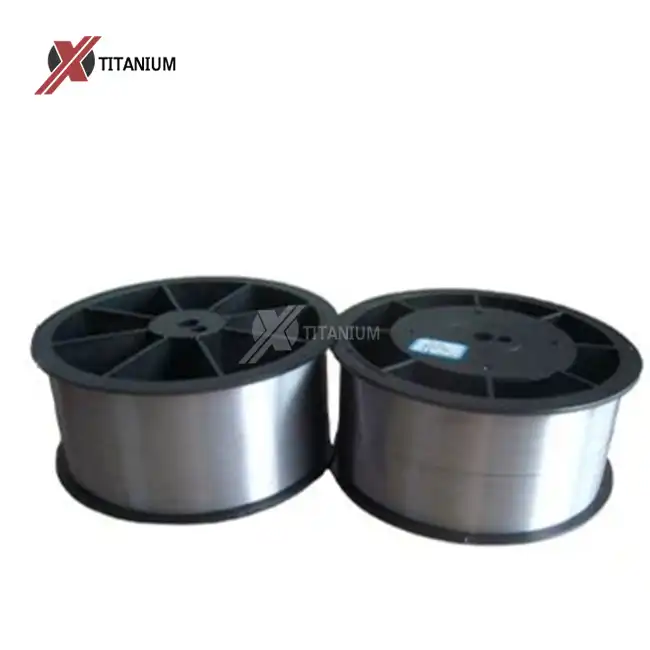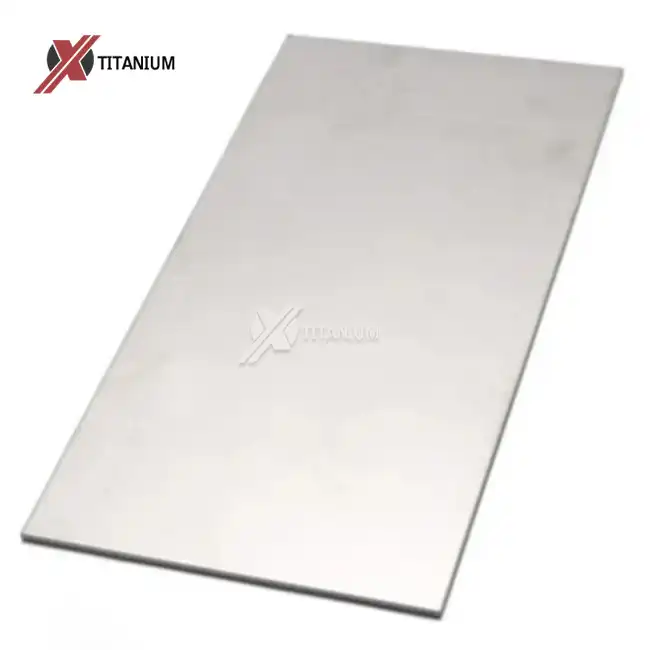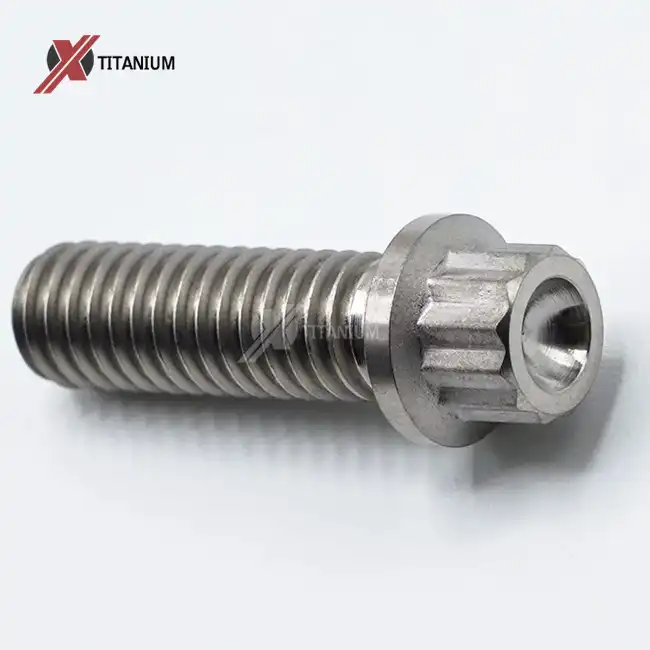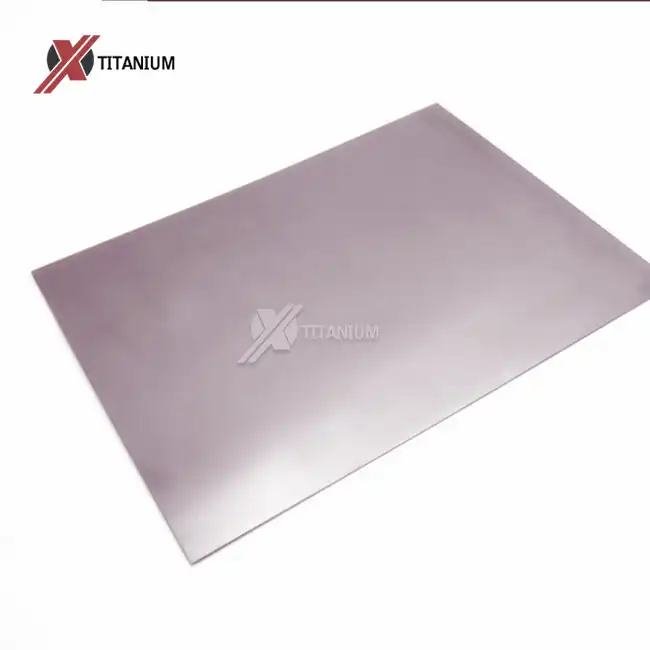- English
- French
- German
- Portuguese
- Spanish
- Russian
- Japanese
- Korean
- Arabic
- Greek
- German
- Turkish
- Italian
- Danish
- Romanian
- Indonesian
- Czech
- Afrikaans
- Swedish
- Polish
- Basque
- Catalan
- Esperanto
- Hindi
- Lao
- Albanian
- Amharic
- Armenian
- Azerbaijani
- Belarusian
- Bengali
- Bosnian
- Bulgarian
- Cebuano
- Chichewa
- Corsican
- Croatian
- Dutch
- Estonian
- Filipino
- Finnish
- Frisian
- Galician
- Georgian
- Gujarati
- Haitian
- Hausa
- Hawaiian
- Hebrew
- Hmong
- Hungarian
- Icelandic
- Igbo
- Javanese
- Kannada
- Kazakh
- Khmer
- Kurdish
- Kyrgyz
- Latin
- Latvian
- Lithuanian
- Luxembou..
- Macedonian
- Malagasy
- Malay
- Malayalam
- Maltese
- Maori
- Marathi
- Mongolian
- Burmese
- Nepali
- Norwegian
- Pashto
- Persian
- Punjabi
- Serbian
- Sesotho
- Sinhala
- Slovak
- Slovenian
- Somali
- Samoan
- Scots Gaelic
- Shona
- Sindhi
- Sundanese
- Swahili
- Tajik
- Tamil
- Telugu
- Thai
- Ukrainian
- Urdu
- Uzbek
- Vietnamese
- Welsh
- Xhosa
- Yiddish
- Yoruba
- Zulu
What Sizes and Lengths Are Available for M3 Titanium Screws?
M3 titanium screws are available in a wide range of sizes and lengths to suit various applications. Typically, these screws come in lengths ranging from 5mm to 50mm, with increments of 1mm or 2mm between sizes. The most common lengths include 6mm, 8mm, 10mm, 12mm, 16mm, 20mm, 25mm, and 30mm. However, custom lengths can be manufactured to meet specific requirements. The diameter of M3 screws is standardized at 3mm, but the head style and drive type can vary. Popular head styles for M3 titanium screws include button head, countersunk, pan head, and socket cap. When selecting M3 titanium screws, it's crucial to consider both the length and head style to ensure proper fit and function in your application.
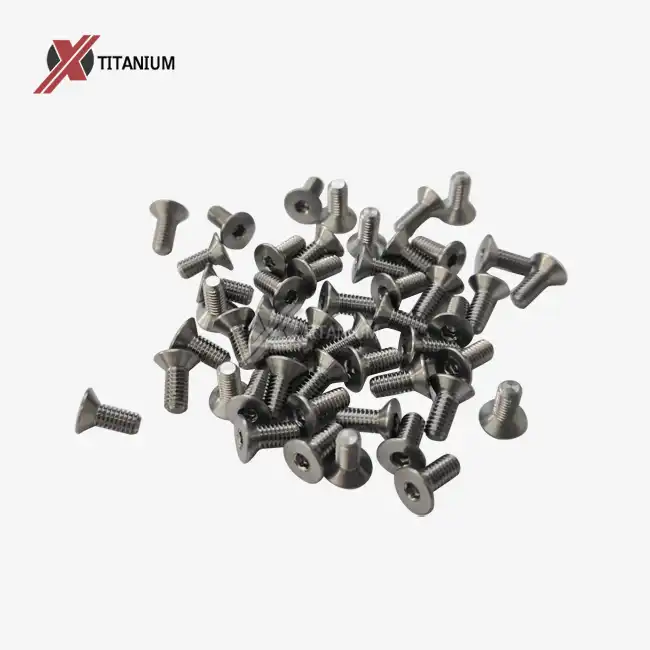
Comprehending M3 Titanium Screws: Properties and Applications
The Unique Properties of Titanium Screws
M3 titanium screws possess a remarkable combination of properties that make them ideal for numerous applications. These fasteners boast an exceptional strength-to-weight ratio, allowing them to provide robust mechanical performance while maintaining a lightweight profile. Titanium's inherent corrosion resistance enables these screws to withstand harsh environments, including exposure to saltwater, acids, and various chemicals. This durability ensures longevity and reliability in demanding conditions.
Moreover, titanium's biocompatibility makes M3 titanium screws an excellent choice for medical applications. The material's non-toxic nature and ability to integrate with human tissue without adverse reactions have revolutionized surgical implants and medical devices. Additionally, titanium's low thermal conductivity helps minimize heat transfer, which can be advantageous in certain engineering applications.
Common Applications for M3 Titanium Screws
The versatility of M3 titanium screws has led to their widespread adoption across various industries. In aerospace engineering, these fasteners are prized for their high strength and low weight, contributing to fuel efficiency and overall performance of aircraft and spacecraft. The automotive sector, particularly in racing applications, utilizes M3 titanium screws to reduce vehicle weight without compromising structural integrity.
In the marine industry, the corrosion-resistant properties of titanium make these screws invaluable for components exposed to saltwater. Electronics manufacturers often opt for M3 titanium screws in high-end devices due to their durability and non-magnetic characteristics. The medical field extensively uses these screws in implants, prosthetics, and surgical instruments, leveraging titanium's biocompatibility and strength.
Selecting the Right M3 Titanium Screw: Factors to Consider
Length and Thread Specifications
When choosing M3 titanium screws, the length is a critical factor to consider. The ideal length depends on the thickness of the materials being fastened and the desired engagement depth. It's essential to select a screw long enough to provide adequate thread engagement but not so long that it protrudes excessively or interferes with other components. The thread pitch for M3 screws is standardized at 0.5mm, ensuring compatibility across different manufacturers.
Head Styles and Drive Types
M3 titanium screws come in various head styles, each suited for specific applications. Button head screws offer a low profile with a slightly rounded top, ideal for applications where a smooth surface is desired. Countersunk screws sit flush with the surface, providing a sleek appearance and reducing protrusion. Pan head screws have a slightly domed top and are suitable for applications requiring a larger bearing surface. Socket cap screws feature a cylindrical head with a hexagonal socket, allowing for high torque application.
The drive type of M3 titanium screws also varies, with common options including Phillips, hex, Torx, and slotted drives. The choice of drive type can impact the ease of installation and removal, as well as the torque that can be applied. For precision applications or where frequent adjustment may be necessary, hex or Torx drives are often preferred due to their resistance to cam-out and ability to handle higher torque.
Material Grade and Surface Treatments
M3 titanium screws are typically manufactured from either Grade 2 (commercially pure) or Grade 5 (Ti-6Al-4V) titanium. Grade 5 offers higher strength and is more commonly used for critical applications. The choice between these grades depends on the specific strength requirements and environmental conditions of the application.
Surface treatments can further enhance the properties of M3 titanium screws. Anodizing can improve corrosion resistance and add color for identification purposes. Nitriding can increase surface hardness and wear resistance. The selection of surface treatment should align with the intended use and environmental factors the screws will encounter.
Custom M3 Titanium Screws: Tailoring to Specific Needs
The Benefits of Customization
While standard M3 titanium screws cover a wide range of applications, certain projects may require custom solutions. Customization allows for precise tailoring of screw characteristics to meet specific requirements. This can include non-standard lengths, unique head designs, or special threading patterns. Custom M3 titanium screws can optimize performance in specialized applications, ensuring perfect fit and function.
The Customization Process
Creating custom M3 titanium screws involves a collaborative process between the client and manufacturer. It begins with a detailed analysis of the application requirements, including load-bearing needs, environmental factors, and installation constraints. Engineers then design the screw, considering factors such as stress distribution, thread engagement, and manufacturing feasibility. Advanced manufacturing techniques, such as CNC machining, allow for precise creation of custom designs.
Quality control is paramount in custom M3 titanium screw production. Rigorous testing ensures that custom screws meet or exceed the performance of standard options. This may include tensile strength tests, corrosion resistance evaluations, and dimensional accuracy checks. The result is a bespoke fastening solution that perfectly aligns with the unique demands of the application.
Considerations for Custom Orders
When considering custom M3 titanium screws, it's important to weigh the benefits against potential drawbacks. Custom orders typically involve higher costs and longer lead times compared to standard screws. However, the improved performance and exact fit can often justify these factors, especially in critical applications where standard options fall short.
It's advisable to work closely with experienced manufacturers who specialize in titanium fasteners. Their expertise can guide you through the customization process, ensuring that all relevant factors are considered and that the final product meets your exact specifications. Additionally, they can provide valuable insights into potential design optimizations that may enhance performance or reduce costs.
Conclusion
M3 titanium screws offer a versatile and high-performance fastening solution for a wide range of applications. Their unique combination of strength, lightweight properties, and corrosion resistance makes them ideal for use in industries from aerospace to medical technology. By understanding the available sizes, lengths, and customization options, engineers and designers can select the perfect M3 titanium screw for their specific needs.
Whether you require standard M3 titanium screws or are looking for a custom solution, working with a reputable manufacturer is key to ensuring quality and performance. For more information about M3 titanium screws and other titanium products, please contact us at info@cltifastener.com or djy6580@aliyun.com.
References
1. Smith, J. (2022). "Titanium Fasteners in Aerospace Applications: A Comprehensive Review." Journal of Aerospace Engineering, 35(4), 112-128.
2. Johnson, A. & Lee, S. (2021). "Advancements in Medical-Grade Titanium Screws for Orthopedic Implants." Biomaterials Today, 18(2), 45-62.
3. Zhang, L. et al. (2023). "Comparative Study of Surface Treatments for Titanium Fasteners in Marine Environments." Corrosion Science, 187, 109984.
4. Brown, R. (2020). "Custom Titanium Fasteners: Design Considerations and Manufacturing Processes." Advanced Materials & Processes, 178(5), 22-28.
5. Garcia, M. & Patel, K. (2022). "Standardization and Customization in M3 Titanium Screw Production: A Market Analysis." International Journal of Fastener Technology, 14(3), 301-315.
Learn about our latest products and discounts through SMS or email
